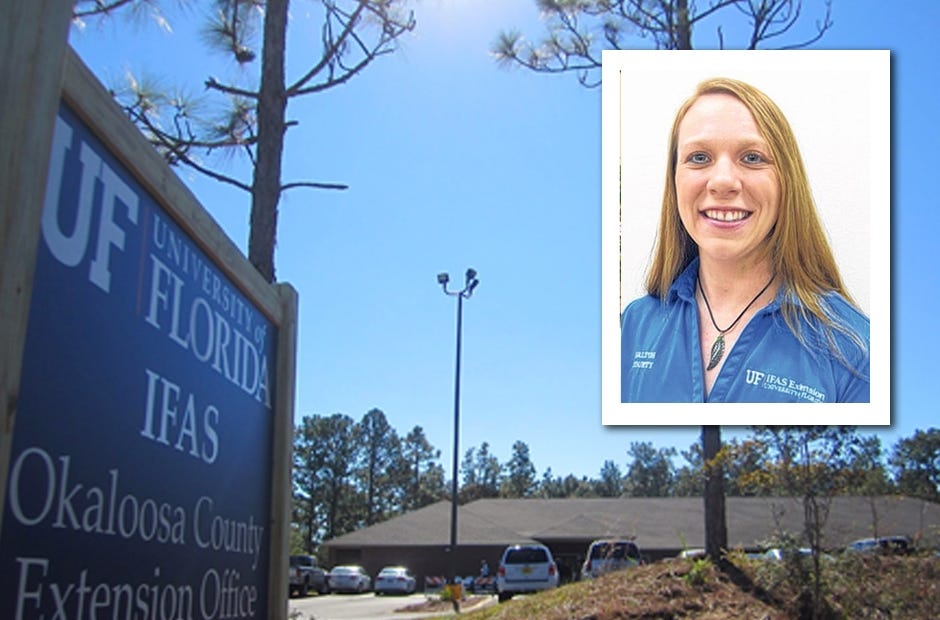
Being prepared for a storm doesn’t just mean getting through it.
After a storm you must deal with the aftermath, and in order to do that, it is essential to have important documents on hand.
That paperwork should include:
•deeds
•rental agreements
•medical and home insurance policies
•prescription information
•birth, death, and marriage certificates
•passports
•driver’s licenses
•stocks and bonds
These are all necessary documents you may need in order to begin the “clean-up” process.
These documents should be kept in a safe place, such as a lock box or safe, in the event you need to grab and go. There may be no time to collect documents before a storm hits housing.
Original documents should be kept in a waterproof container. This can be as simple as a sealed bag. Copies can be backed up onto a CD or DVD, removable drive, or stored on an online back-up drive. It may be a good idea to give an additional copy to a trusted family member or relative for safe keeping. Safe deposits are another option, but usually have a fee associated with them. Still, it's a small price to pay.
In addition to securing your financial documents, don’t forget to also collect at least three days’ worth of the following basic items for storm survival:
•water — a minimum of one gallon per person per day
•food — canned foods that require little or no cooking are ideal
•manual can opener
•bedding
•clothing and rain gear
•equipment for the elderly or special needs residents
•first aid kit and medications
•toiletries — toilet paper, toothbrushes, hand sanitizer etc…
•radio and extra batteries
•telephones — keep fully charged, and an extra battery on hand.
•cash — ATMs or credit card machines may not be in working order
•flashlight
•pet food, leashes, carriers,etc.
•books or games for the kids
Contact me, Jill Breslawski, at 689-5850 or jbreslawski@ufl.edu, or visit http://bit.ly/ifashurricaneprep for more detailed information.
Jill Breslawski is an agent at the University of Florida's Institute of Food and Agricultural Sciences Extension office in Crestview.

This article originally appeared on Crestview News Bulletin: Don't be caught off guard — storm preparation tips
